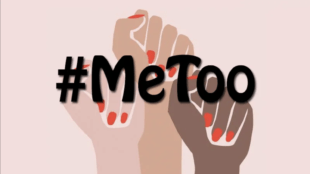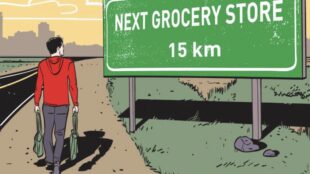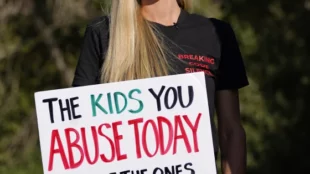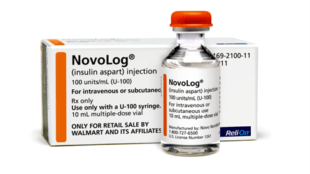Turning Americans’ True Crime Fascination into Action
(Source) The true crime industry has been significantly on the rise over the past decade. However, the genre has been criticized for causing prolonged harm to victims’ families, reinforcing the carceral state, and increasing fear of crime without analyzing the shortcomings of the criminal justice system or providing ongoing support for victims. Instead of simply consuming true crime stories to become amateur detectives or to escape the monotony of everyday life, Americans interested in this genre should redirect their focus to advocacy. An interest in reading about violent crimes can be traced back as early as the 16th century in Great Britain when morally ambiguous leaflets were consumed by the literate artisan class and above. However, the advent of the tabloid magazine in the Roaring 20s packaged true crime stories into “cheap, handheld entertainment,” making the genre more accessible to the masses. Today, true crime [read more]










